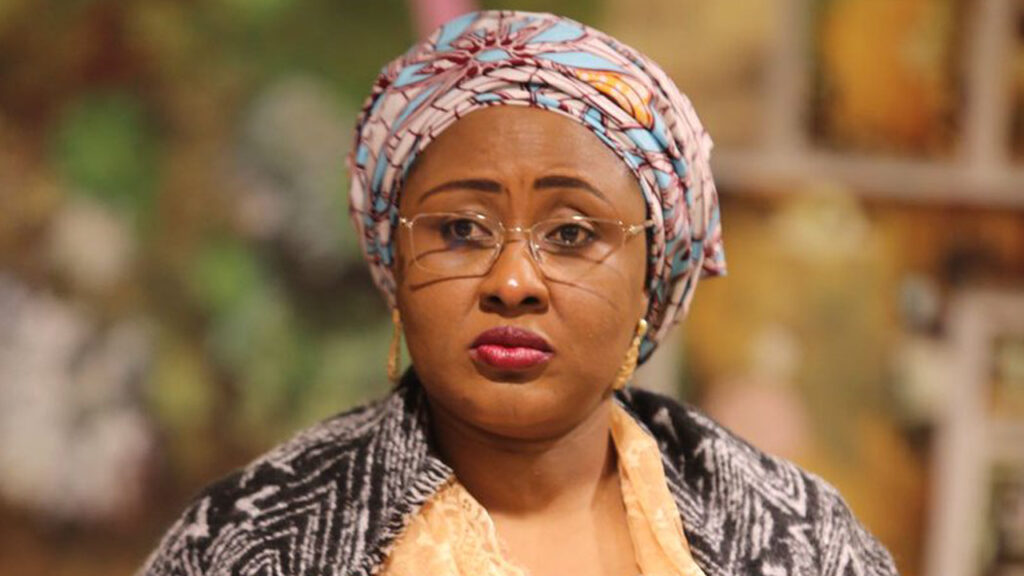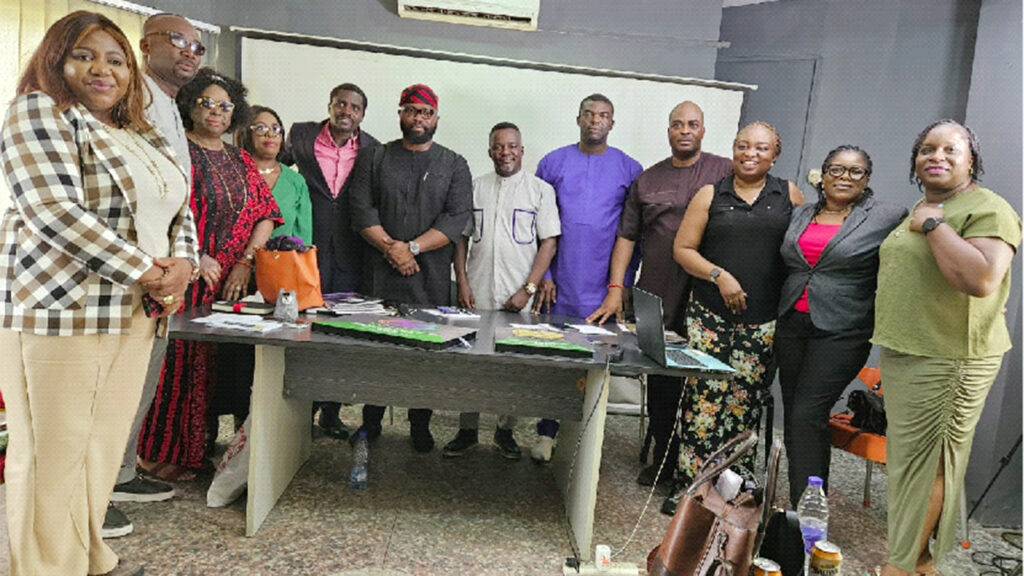
Nigerians have seen one-too-many pet projects of First Ladies that didn’t outlive their pioneers. And in times of lean resources, stakeholders said the white elephant approach to real interventions should be revised, TINA ABEKU reports.
Federal Government’s recent rechristening of the National Women Development Centre (NWDC) as Maryam Babangida Centre has reawakened the old question of the usefulness of ‘First Ladies’ pet projects vis-à-vis their sustainability.
Maryam Babangida’s Better Life for Rural Women project easily comes to mind. So also is Family Support Programme by Maryam Abacha; Women Rights Advancement and Protection Alternative (WRAPA) by Fati Abdulsalammi Abubakar’s; and Titi Atiku Abubakar’s Women Trafficking and Child Labour Eradication Foundation (WOTCLEF).
Also on the list are Change 4 Development Initiative (C4DI) and Future Assured by former First Ladies, Patience Jonathan and Aisha Buhari, respectively.
Many have argued that because of the humanitarian and interventionist nature of the projects, especially to the rural poor and the struggle for women empowerment, there is a need for governments to sustain the projects by adopting them.
On the need to sustain some of the projects, the President, Woman in Politics Forum and Director, Centre for Gender Education and Rights, Ebere Ifendu, cited the former First Lady, Maryam Abacha’s pet project, which, she said, was opened on September 1, 1999, and originally known as the National Hospital for Women and Children, but it was later acquired by the Federal Ministry of Health and renamed the National Hospital on May 10, 2000.
“The pet projects,” she said, “have made impacts. Abacha’s wife built the National Hospital for Women and Children; it was doing very well and was well equipped that the Federal Government decided to adopt it. Maryam Babangida also came with her project, Better Life for Rural Woman. It contributed to women empowerment and took rural women beyond Nigeria.
“Sustainability is a challenge because every First Lady comes with her own vision, understanding and sustainability only depends on a particular First Lady.”
Babangida’s Better Life for Rural Women made a huge impact by making women confident, giving them a sense of belonging and hope. For the first time, many rural women travelled abroad under the project.
But some erstwhile laudable projects, such as TuraiYar’Adua International Cancer Centre, did not last because they were not adopted and the pioneers seemed to have lost the zeal to push them.
Ifendu, a lawyer and chartered mediator, conciliator and gender advocate, stated: “Turai started the cancer centre along Airport Road, but unfortunately it was not furnished. Her husband, President Umar Yar’Adua, died and most of the people that promised to support it with funds failed to do so. So, the building is there but there is no equipment.”

Remarkably, pet projects, especially those by wives of military presidents, made more impact on the rural poor. With the return of democratic rule, however, the projects became politicised, leaving them with little or no impact on the targets, children and women.
A major factor against sustaining pet projects is the fact that every First Lady introduces new pet projects. Aisha Buhari, for instance, introduced Future Assured, which was struggling to make an impact, even while her husband was in power.
Maryam Babangida’s pet project is now known as Better Life for African Rural Woman. Although her daughter now manages it, it does not accommodate large projects as the women development centre did.
PRESIDENT, National Association of Women Journalists (NAWOJ), Ladi Bala, said although the office of First Lady in Nigeria is not constitutionally recognised, they have, since the return of democracy in 1999, continued to make impact with pet projects.
She said: “Pet projects have been difficult to sustain because the office of the First Lady is not constitutionally recognised. I think it was during Babangida and Abacha’s regime that First Ladies had offices. It has to do with who is in government at a time. They gave their wives the leverage to execute their projects.
“Through her pet project, she was able to gain global recognition because it is a project that till today speaks to the reality of our women.”

According to the President of 100 Women Lobby Group, Felicia Onibon, it is difficult to sustain most pet projects because they are not founded on clear visions and sustainable paths, but as short-term impact projects to achieve political goals instead of overall public good.
Onibon said: “Many of the First Ladies do not understand the development process. So, they do not consider the issue of sustainability when the whole process starts. However, there are a few of them, who seem to have added sustainability to their projects and programmes.
“One good example is Fati Abubakar’s WRAPA. WRAPA is one of the strongest non-governmental organisations in Nigeria today. It had a strong sustainability plan when she started it. It had a very good secretary general, who drove the vision of the organisation to what it is today. I wish other First Ladies could learn from her, but unfortunately most of them don’t work this way, they don’t share ideas and partner with their predecessors.
“Some set up non-governmental organisations as avenues of raising or accessing funds. If any of them is serious about the vision of the project, she would pursue it even without funding from her husband’s benevolence.
“I think what happened in the case of Fati Abubakar was that she was ready to delegate and leave the leadership to a very intelligent, smart individual, who coordinates the office and she only appears when it’s extremely necessary and she has a very strong board meeting.”
According to him, the Federal Government would have adopted the Turai Yar’Adua Cancer Centre, if it was diligently pursued, just as the planned parenthood project was adopted. The project, she said, was really touching the lives of women. Similarly, the cancer centre could have become something government would buy into and take it up just as it also did the National Women Centre of Maryam Babangida.
She added: “Apparently, wives of military Heads of State did better because you could see that the three people we have been referring to (FatiAbubakar, Maryam Babangida and Maryam Abacha) were all wives of military heads of states.
“The lack of sustainability for these noble and impactful pet projects stems from the fact that once tenures of Presidents and their first ladies run out and power shifts, a lot of these projects are abandoned. Some of them may only have online presence to give the false impression they still exist.”
But Rifkatu Ademola of Focusing on Women and Girls, an NGO, said unless pet projects begin to focus on market creation, sustainability would continue to elude them.
“Instead of doing one-off projects, they should focus on projects that will create market, income generation, job creation and scalability towards leaving legacies behind, they should rather provide marketable solutions that can be sustained after them.
“This can be achieved by properly understanding the needs of communities they’re serving and giving the community sense of ownership in whatever interventions they are bringing their way.”
She observed that, oftentimes, pet projects are started with the aim of easing poverty, instead of creating lasting and sustainable projects that are impact driven,” she said.
While some of the projects gradually fizzled out as the tenure of Presidents, a few of these first ladies pet projects have become so impactful that some have metamorphosed into national projects, hence the argument that they must not be allowed to go into oblivion or be neglected just because their initiators are no longer in power; rather, government can adopt them because of the benefit to national development and impact in specific sectors of the economy.













